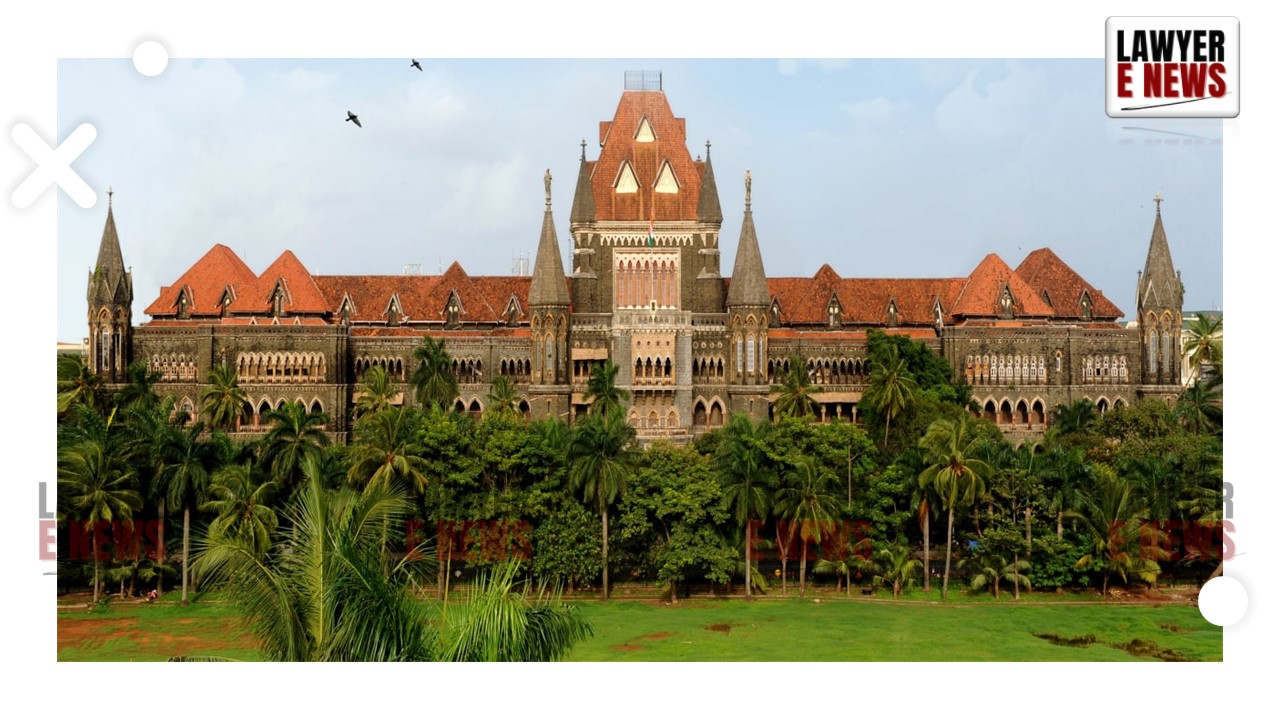-
by Admin
15 February 2026 2:36 AM



Non-Compliance with Labor Laws Cannot Deny Compensation for Informal Workers: Bombay High Court in Motor Accident Case
In a significant ruling, the Bombay High Court has enhanced the compensation awarded to the family of a 19-year-old motor accident victim, correcting the trial court's reliance on the wrong multiplier factor. The court emphasized that in fatal accident cases, the multiplier must be based on the age of the deceased, not the parents. The judgment, pronounced by Justice Somasekhar Sundaresan, also highlighted the necessity of considering filial consortium and future prospects while calculating compensation.
The case concerns the tragic death of Sagar Gavade, a 19-year-old who was killed in a motor accident. His family, consisting of his parents Jagannath Anna Gavade and Shalan Jagannath Gavade, and his brother, filed a compensation claim under the Motor Vehicles Act. The Motor Accident Claims Tribunal (MACT) awarded a sum of ₹2,54,000, but the family appealed, seeking an enhancement of the compensation on three grounds:
The multiplier factor was wrongly calculated based on the age of the deceased’s parents instead of Sagar’s age.
The non-consideration of filial consortium.
The non-inclusion of loss of future prospects in the compensation.
The appeal was heard on August 19, 2024, and the judgment was pronounced on August 27, 2024.
The appellants argued that the MACT had erred by applying a multiplier of 13, based on the ages of the deceased’s parents (52 and 47 years), rather than the age of the deceased. Referring to the Supreme Court's ruling in Sarla Verma v. Delhi Transport Corporation, the appellants contended that a multiplier of 18 should have been used, considering the deceased was 19 years old. Justice Sundaresan agreed with the appellants, stating, "The multiplier must be based on the age of the deceased as explicitly stipulated in Sarla Verma. The MACT was clearly in error by not applying this established legal principle."
A major contention was the determination of Sagar Gavade’s income. The MACT had rejected the claim that the deceased worked in a garment shop earning ₹200 per day, opting instead to apply a notional income of ₹3,000 per month. However, the High Court disagreed, noting that the shop owner had testified about Sagar's employment and wages, and that the shop was a legitimate business. The court ruled that the deceased’s monthly income should be computed at ₹4,000, accounting for non-working days, rather than the MACT's notional figure of ₹3,000.
The High Court also recognized the need to consider future prospects, as directed by the Supreme Court in Pranay Sethi. Justice Sundaresan added 50% of the annual income of ₹48,000 as future prospects, bringing the total annual compensation to ₹72,000. The court further awarded ₹48,000 for filial consortium, ₹18,000 for loss of estate, and ₹18,000 for funeral expenses.
Justice Sundaresan’s ruling relied heavily on the precedents set by the Supreme Court in Sarla Verma and Pranay Sethi, stating, “The standard of proof in motor accident claims is not ‘beyond reasonable doubt,’ but ‘preponderance of probability.’” The court noted that while compliance with labor laws by the employer was lacking, this did not negate the veracity of the employer’s testimony regarding the deceased’s income. The ruling underscored the principle that evidence of income in unorganized sectors, where formal documentation is often absent, must be viewed through a practical lens.
“The multiplier must be based on the age of the deceased, not the parents. This error in the MACT judgment directly affected the quantum of compensation and must be corrected.”
“In unorganized sectors, non-compliance with labor laws cannot be the sole basis for dismissing claims of employment and earnings. The facts presented inspire a ring of truth and must be considered in line with the ‘preponderance of probability’ standard.”
The Bombay High Court's decision to enhance the compensation to ₹7,32,000, up from ₹2,54,000, reflects its adherence to established legal principles concerning compensation in motor accident cases. By correcting the multiplier error and considering future prospects and filial consortium, the judgment not only provides financial relief to the bereaved family but also sets a strong precedent for similar cases. The ruling emphasizes the need for courts to apply correct legal standards and take a practical approach to evidence, especially in cases involving informal employment.
Date of Decision: August 27, 2024.
